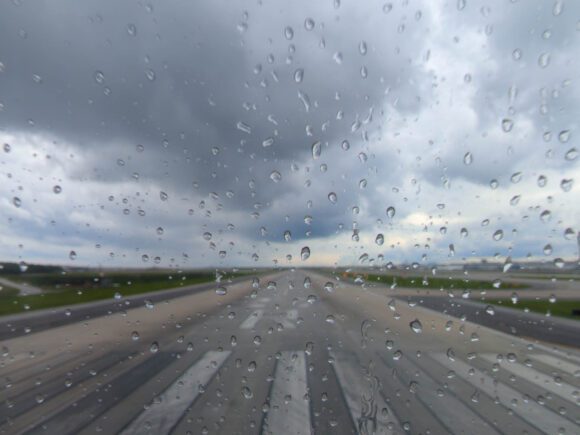
afraa
The African Airlines Association (AFRAA), the umbrella body for African airlines painted a gloomy picture of the continent’s carriers stating that African airlines’ traffic decreased by 59% in June compared to the same month in 2019.
AFRAA was established in 1968 in Accra as a trade organization open to membership of airlines of African States. There are over 30 members from African Union member States. A non-profit regional organization, AFRAA was founded to “establish harmonious and effective co-operation between African Airlines”, to accelerate economic and social integration of African countries.
AFRAA said with the alarming spread of the Delta Covid-variant, the havoc caused on the aviation industry globally is far from over. Despite the seeming reduction in the number of new cases in many parts of the Western Countries, Africa currently accounts for a worrying number of new infections since the beginning of June.
According to AFRAA, the countries most affected include Zambia, Uganda, Namibia, Botswana, and Kenya, which are experiencing very high infection rates. The Middle East too experienced a slight increase in infections. As of 25 June 2021, the number of infected cases worldwide reached 180 million out of which 5.3 million were in Africa. The global recovery rate stands at 97.6% against 97.1% for Africa.
AFRAA revealed that airline capacity declined by 49.6% as of June 2021, while domestic markets continue to record better performance with demand for passenger travel outperforming intra-Africa and intercontinental at 63.2% as opposed to 22.2% for intra-Africa and 13.9% for intercontinental. As regards passenger capacity (seats offered), domestic, intra-Africa, and intercontinental account for 47.8%, 22.3%, and 21.7% respectively.
International routes have recovered to 72.7 percent
As African airlines restart operations on international routes they are continuing the positive trend observed in the last couple of months. From a May 2021, recovery of some 62.5% of international routes compared to the pre-COVID period, June 2021 saw an additional 10.2% increase to 72.7%. This impressive trend is partly attributable to the reopening of international borders by Algeria and Morocco after more than a year of closure in the case of Algeria.
Regarding intra-African connectivity, AFRAA noted that Mauritius continues to be the most impacted hub, with a reduction of 98% of possible connections to/from African airports compared to February 2020. Connectivity at Nairobi JKIA in June declined mainly due to schedule adjustments and frequency reduction by the national carrier, Kenya Airways. Up North, intra-African connectivity for Algiers and Cairo decreased by 75% and 64% respectively.
AFRAA stated that African passenger traffic volumes remain low due to the inconsistencies in the messaging regarding border closures, health protocols, and the continued upsurge in COVID-19 infections in some countries. The result is significant losses incurred by airlines. In the first quarter of 2021, AFRAA estimated airlines’ loss in revenues at $2.6 billion.
The estimated loss in revenues for the second quarter is $2.4 billion. In 2020, African airlines cumulatively lost $10.21b in revenues due to the impacts of the pandemic. This poor performance is a direct threat to the survival of the African aviation industry if the trend continues.
Views: 1



